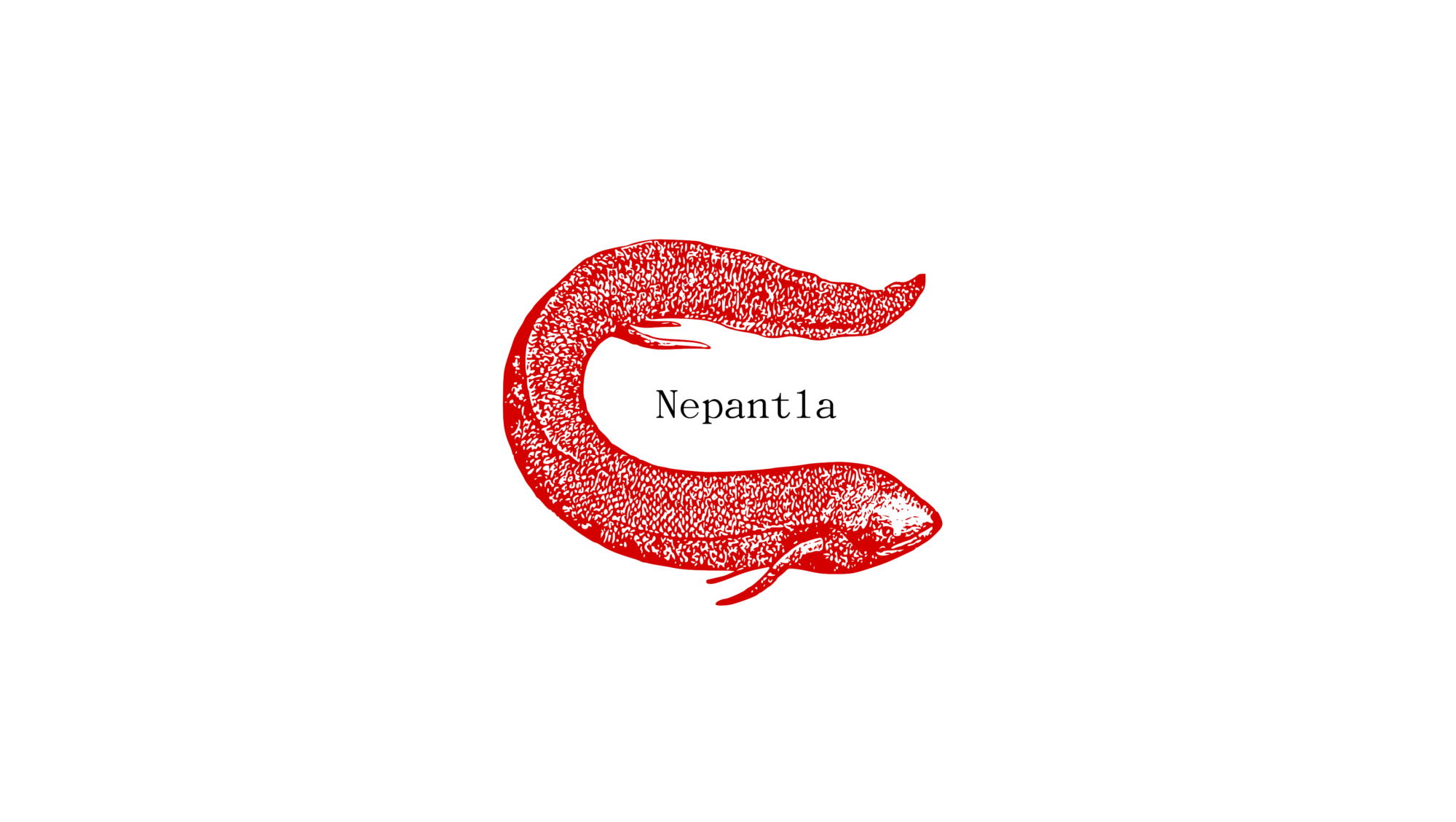
In an interview with Günter Gaus, delivered on the 28th of October 1964, Hannah Arendt spoke of that thing which, to her ears, sounded like the most convincing reason for the impossibility of forgetting one’s mother tongue:
Arendt: “The German language is the essential thing that has remained.“
Gaus: “Even in the darkest days?“
Arendt: “Always. What was I to do? The German language didn’t go crazy.”
Arendt chuckles while and after pronouncing the latter sentence: a self-ironic chuckling, perhaps. Listen to it yourself (from 38:20 onwards):
But what is there to chuckle about in this affirmation of the impossible?; of accepting the sheer contingency that, as speaking animals, we all come to this world to live within the closed but yet essentially open sphere of one’s mother tongue(s)—or, as Bruce Fink puts it: mOther tongue? (*)—, entangled forever in its alterity, givenness, and strict grammatical rules, in other words: to abide more or less the contingency of the fact of being born.
In this series, I will try to approach the meaning, or perhaps the nonsensicalness of Arendt’s chuckling. For this cause, I will analyze the most laughable object of all that a Japanese essayist like me might open himself up to (sich entschließen); yes, of course, that world-famous Japanese “product”: anime. I will take one of the most popular works Mobile Suit Gundam (1979), directed by Yoshiyuki Tomino, to be exemplary, i.e. more than just explaining Arendt’s chuckling. The reason for my selecting this work is simple: I have been wondering for quite a while now why this work, so popular in Japan for roughly forty years, has been, in terms of global reputation, standing far behind other similar works such as that holy scripture for otakus worldwide, Neon Genesis Evangelion, recently added to Netflix. My intuition is that perhaps it has something to do with the strange language (fans call it “Tomino-bushi(富野節) “ which roughly translates to “Tomino’s melody“) that the characters speak in this director’s works. I am simply curious about this melody. So here we go.
Gundam is a story about a boy named Amuro Ray (I am tempted to spell his last name “Rei“), 15 years old, who happens to find himself in a space colony “Side 7“ during the “One Year War“ between the Earth Federation and Principality of Zion—well, it’s a Japanese anime, but this is just one example. A colony is a tube in which people who fled earth have lived for three generations now. And now it’s war.
In this series, we will wait and see how this boy and his fellow crew members of the space battleship “White Base“—which is, “for us,” in itself (an sich) their home, yet for them still to become their home—will find out who they are to become by and for themselves in this space odyssey. I am hoping that this series will turn out to be an introduction to the history of political philosophy not just for us but also for our young characters involved in a war. However, like the Germans say: “let’s see how the world spins (mal schauen, wie sich die Welt dreht)!”
(*) “The very expression we use to talk about it—”mother tongue“—is indicative of the fact that it is some Other’s tongue first, the mOther’s tongue, the mOther’s language […].“ Bruce Fink, The Lacanian Subject. Between Language and Jouissance (Princeton UP, 1995), p. 7.
- Politics of Mobile Suit Gundam—Track 2 «Eating» - April 20, 2020
- Politics of Mobile Suit Gundam—Track 1 «Beginning» - April 13, 2020
- Politics of Mobile Suit Gundam. Another Trailer. - April 10, 2020
